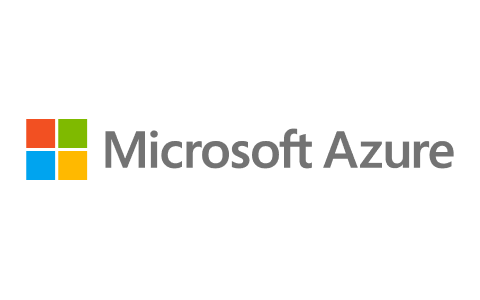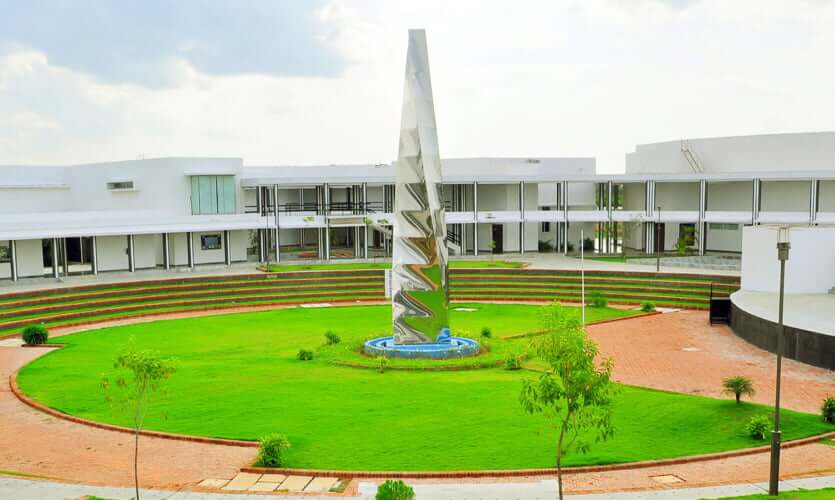Earn a certificate & get recognized
Serverless Computing
Learn serverless computing from basics in this free online training. Serverless computing course is taught hands-on by experts. Learn why cloud computing, servrless computing, aws lambda & lot more. Best for beginners. Start now!
Instructor:
Mr. Vishal PadghanAbout this course
When we talk about Cloud Computing, it indicates Serverless Computing where you don’t have to worry about managing the servers, and AWS handles all the physical server requirements. It is also crystal clear that Cloud Computing is widely utilized by almost all the sectors present. Hence, to confidently enter the tech world, you must know about Serverless Computing.
This free course on Serverless Computing starts with answering your query regarding what is Cloud Computing and why Cloud Computing? This allows you to understand the importance of Cloud Comping and why you should know about it. You will go through traditional applications that were in the picture before Cloud Computing appeared. You will briefly go through what Serverless Computing is and learn about its architecture. You will then get introduced to AWS lambda and what it signifies. You will also go through a demo regarding AWS lambda and understand its mechanisms. Lastly, you will get a summarized content of what all was discussed in this course and about Serverless Computing. Enroll in this free Serverless Computing course and understand Cloud Computing better. You can also secure a certificate in Serverless Computing on completing the course.
You must be eager to learn more about Cloud Computing and its various techniques. You can catch hold of all these concepts by enrolling in Great Learning’s Best Cloud Computing Courses. Enroll in the top-rated Degree and PG programs that suit your career path and earn a course completion certificate.
Course outline
Why Cloud Computing?
This module of the AWS free course will help you understand the importance of Cloud Computing. You comprehend the scenario before Cloud Computing and the challenges faced during those periods. Lastly, you will learn how Cloud Computing gave solutions to these challenges.
Traditional Applications
Let us now get into some details of the traditional IT infrastructure and also discuss some of the most prevalent problems in this infrastructure.
Serverless Computing and its Architecture
Now let's dig into serverless computing and explore some aspects of its architecture. We'll also discuss some of the benefits of using Serverless architecture for our applications.
Introduction to AWS Lambda
This module introduces AWS Lambda basics—serverless, event-driven design, auto-managed infrastructure, and building modern, scalable apps.
AWS Lambda Demo
Let us look into the demonstration of AWS Lambda to understand its working better.
Summary for Serverless Computing
We'll quickly summarize all the topics we have looked into in this session.
Get access to the complete curriculum once you enroll in the course
What our learners enjoyed the most
Skill & tools
61% of learners found all the desired skills & tools
Our course instructor

Mr. Vishal Padghan
Cloud Computing Expert
Frequently Asked Questions
Will I receive a certificate upon completing this free course?
Is this course free?
What is meant by serverless computing?
Instead of the usual way of designing applications and deploying them on servers, serverless computing is an architecture in which a cloud provider totally controls code execution. It means that when deploying code, developers don't have to worry about managing, provisioning, or maintaining servers.
What is a serverless computing example?
In simple terms, you can think of Serverless as the next step after PaaS. PaaS will primarily fail on the "No idle capacity" and "Micro Billing '' fronts. You must provide those services and accept to pay a base cost. Azure Cosmos DB and Amazon DynamoDB are suitable examples.
How does serverless computing work?
Serverless computing is a cloud execution model in which a cloud provider dynamically allocates—and then charges the customer for—only the compute and storage resources required to execute a specific piece of code. Serverless functions are event-driven, which means they are only called when a request triggers them.
What is the purpose of serverless computing?
By removing the requirement for developers to manage infrastructure, serverless computing allows them to design applications faster. The infrastructure required to run the code is automatically provisioned, scaled, and managed by the cloud service provider with serverless apps.
Will I get a certificate after completing this Serverless Computing free course?
Yes, you will get a certificate of completion for Serverless Computing after completing all the modules and cracking the assessment. The assessment tests your knowledge of the subject and badges your skills.
How much does this Serverless Computing course cost?
It is an entirely free course from Great Learning Academy. Anyone interested in learning the basics of Serverless Computing can get started with this course.
Is there any limit on how many times I can take this free course?
Once you enroll in the Serverless Computing course, you have lifetime access to it. So, you can log in anytime and learn it for free online.
Can I sign up for multiple courses from Great Learning Academy at the same time?
Yes, you can enroll in as many courses as you want from Great Learning Academy. There is no limit to the number of courses you can enroll in at once, but since the courses offered by Great Learning Academy are free, we suggest you learn one by one to get the best out of the subject.
Why choose Great Learning Academy for this free Serverless Computing course?
Great Learning Academy provides this Serverless Computing course for free online. The course is self-paced and helps you understand various topics that fall under the subject with solved problems and demonstrated examples. The course is carefully designed, keeping in mind to cater to both beginners and professionals, and is delivered by subject experts.
Great Learning is a global ed-tech platform dedicated to developing competent professionals. Great Learning Academy is an initiative by Great Learning that offers in-demand free online courses to help people advance in their jobs. More than 5 million learners from 140 countries have benefited from Great Learning Academy's free online courses with certificates. It is a one-stop place for all of a learner's goals.
What are the steps to enroll in this Serverless Computing course?
Enrolling in any of the Great Learning Academy’s courses is just one step process. Sign-up for the course, you are interested in learning through your E-mail ID and start learning them for free online.
Will I have lifetime access to this free Serverless Computing course?
Yes, once you enroll in the course, you will have lifetime access, where you can log in and learn whenever you want to.
Serverless Computing
What is Serverless Computing?
Serverless computing refers to offering back-end services on a per-user basis. Users can build and deploy code without worrying about the underlying infrastructure using a serverless provider. Because the service is auto-scaling, a firm that uses backend services from a serverless vendor is charged based on their calculations and does not have to reserve and pay for a fixed amount of bandwidth or number of servers. Physical servers are still used, despite the moniker serverless, although developers do not need to be aware of them (se3rverless computing).
Anyone who wanted to construct a web application in the early days of the web had to own the physical gear required to run a server, which was a time-consuming and costly task. Then came cloud computing, which allowed users to rent certain numbers of servers or amounts of server space through the internet. Developers and businesses that rent these fixed units of server space buy more than they need to ensure that a surge in traffic or activity does not cause their applications to crash. This means that a lot of the money spent on server space could be wasted. Cloud suppliers have provided auto-scaling models to alleviate the problem, but an unwanted spike in activity such as a DDoS assault might be extremely costly even with auto-scaling.
Developers can buy backend services on a flexible "pay-as-you-go" basis with serverless computing, which means they only pay for what they need. It's the equivalent of moving from a monthly fixed-limit cell phone data plan to one that only charges for the data that is consumed. Although servers deliver these back-end services, the term 'serverless' is misleading because the vendor handles all server space and infrastructure problems. Serverless means that developers don't have to bother about servers when working on their projects.
What are backend services?
The difference ba serverless provider’s underlying infrastructure are the two main areas of application development. The frontend, or the component of the application that users see and interact with, is an example of the visual layout. The server that holds the application's files and the database that contains user data and business logic make up the backend, which the user does not see.
For example (Serverless computing examples), a website sells concert tickets. When a user types a website address into the browser’s address bar, the browser sends a request to the backend server, answering the website data. The user will next see the website's frontend, including text, photos, and form fields for the user to complete. The user can then search for their favorite musical act by interacting with one of the form fields on the website. When the user presses the 'submit' button, another request to the backend is sent. The back-end system checks its database to see if a performer with this name exists and when and how many tickets are available for their next performance. The data will then be sent from the backend to the frontend, which will display the results in a user-friendly manner. A similar back-and-forth communication between the frontend and backend occurs when a user registers an account and inputs financial information to purchase tickets.
What kind of backend services can serverless computing provide?
The majority of serverless companies provide database and storage services to their customers, and several, such as Cloudflare Workers, also offer FaaS platforms. FaaS allows developers to run small amounts of code on the network edge. Developers can create a modular architecture with FaaS, resulting in a more scalable codebase without investing resources in maintaining the underlying backend.
What are the advantages of serverless computing?
-
Why Lower prices - Traditional cloud backend services (server allocation) usually charge users for unused space or CPU time. Therefore serverless computing is generally quite cost-effective.
-
Scalability is simplified - Developers that use serverless architecture don't have to worry about scaling issues. The serverless provider handles all on-demand scaling.
-
Simplified backend code - FaaS allows developers to create simple functions that each perform a particular purpose, such as calling an API.
-
Faster time to market - Serverless architecture can drastically reduce time to market. Developers can add and alter code on a piecemeal basis rather than relying on a cumbersome deployment process to push out bug patches and new features.
How does serverless compare to other cloud backend models?
Backend-as-a-Service and Platform-as-a-Service are two terms that are frequently interchanged while discussing serverless computing. These models, despite their similarities, may not always fit the serverless requirements (serverless cloud).
Backend-as-a-service (BaaS) is a service model in which a cloud provider provides backend functions such as data storage, allowing developers to concentrate on building front-end code. However, while serverless apps are event-driven and run on the edge, BaaS applications may not fit both of these criteria.
Platform-as-a-service (PaaS) is a concept in which developers rent all of the tools they need to develop and deploy applications from a cloud provider, including operating systems and middleware. On the other hand, PaaS apps are more difficult to scale than serverless apps. PaaS applications don't always run on the edge, and they frequently have a visible startup delay that serverless applications don't have.

 4.5
4.5











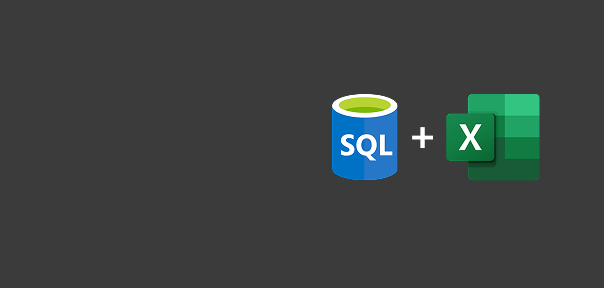



.jpg)
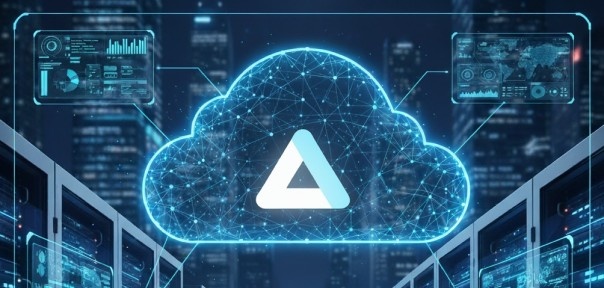
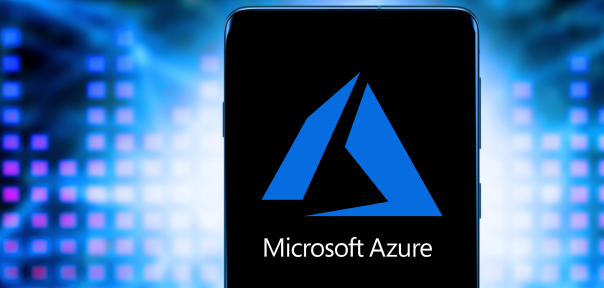

.png)

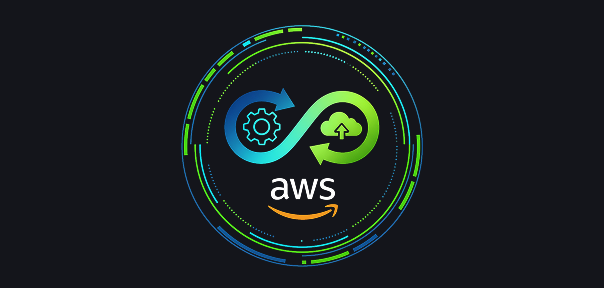
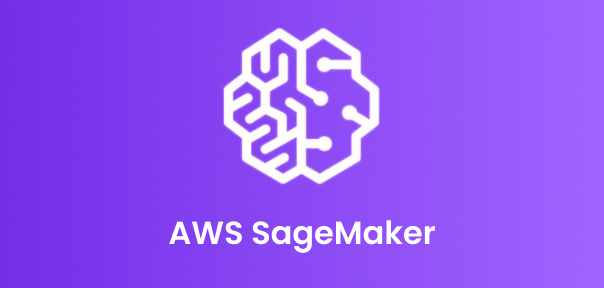
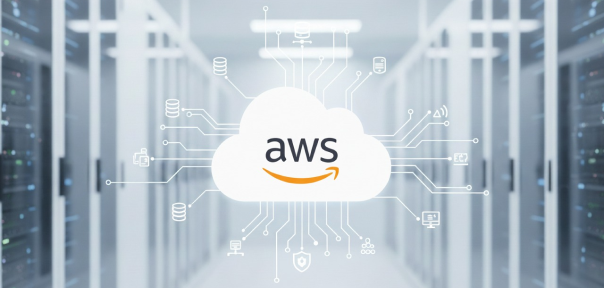
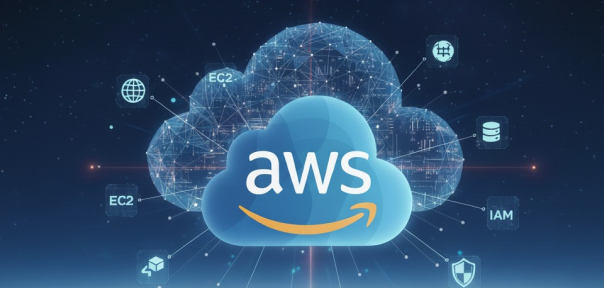
.png)
.png)

.png)
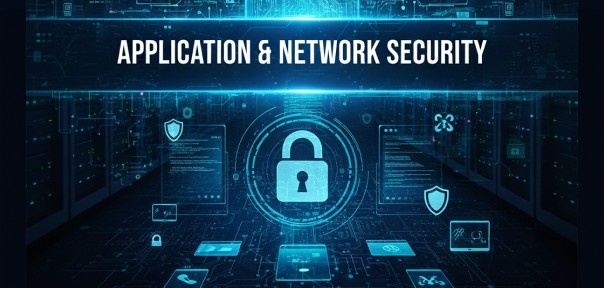
.png)
.png)
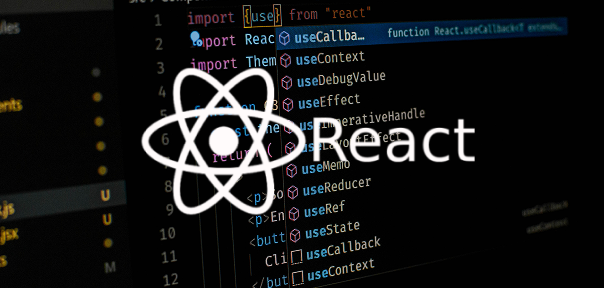
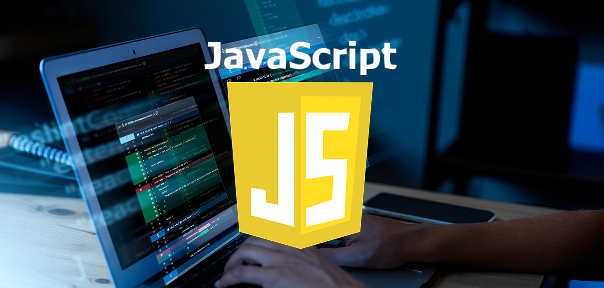


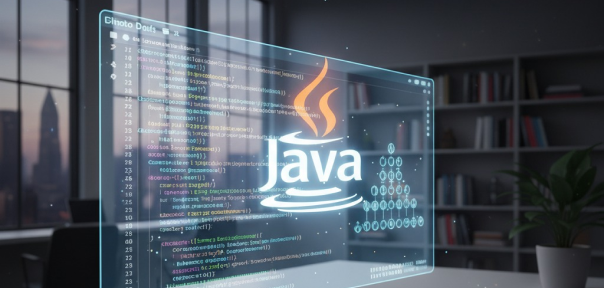
.png)
.jpg)
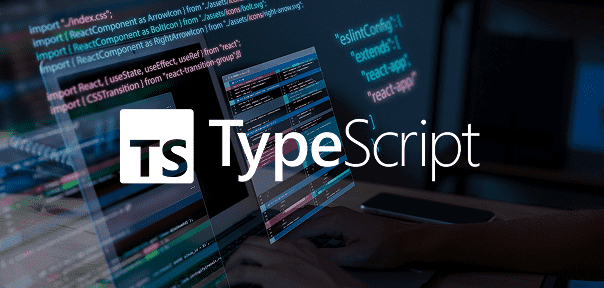


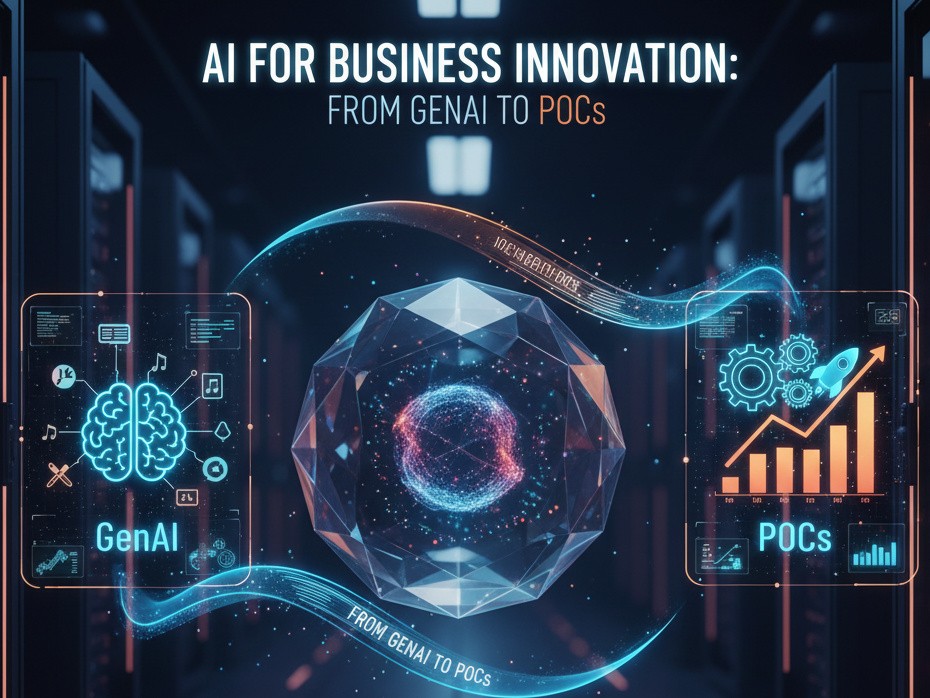

.png)



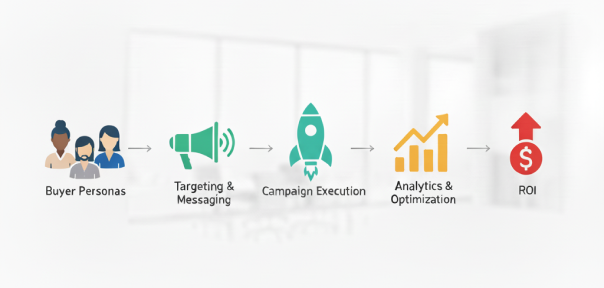
.jpg)
.jpg)
.jpeg)

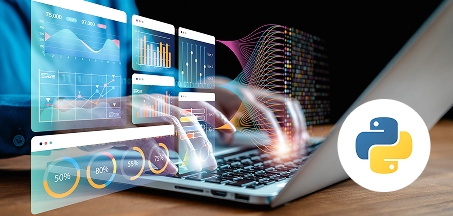
.png)
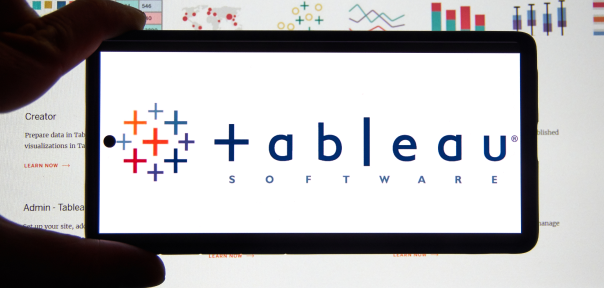
.jpg)


.jpg)
.png)

 (1).png)
.png)
.png)
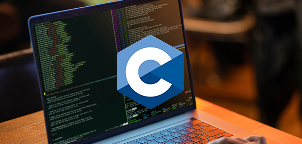
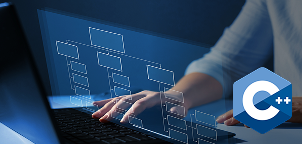



.jpg)
.png)
.png)
.png)
 (1).jpg)

.png)
.png)
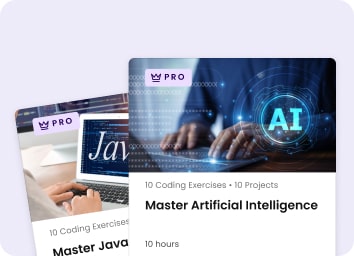
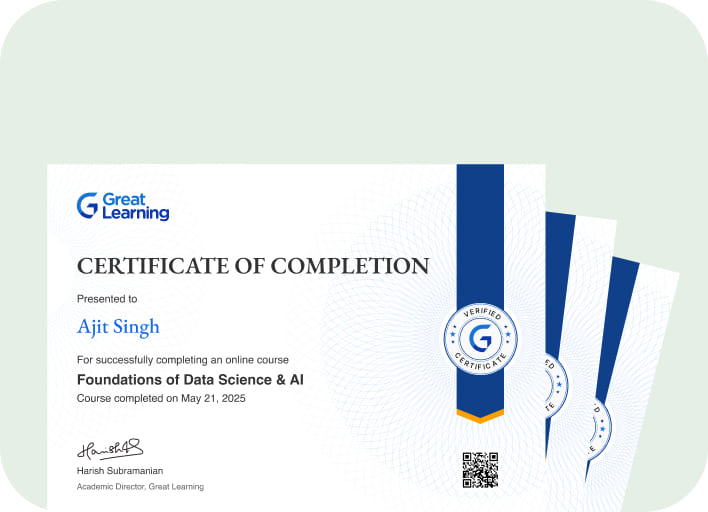
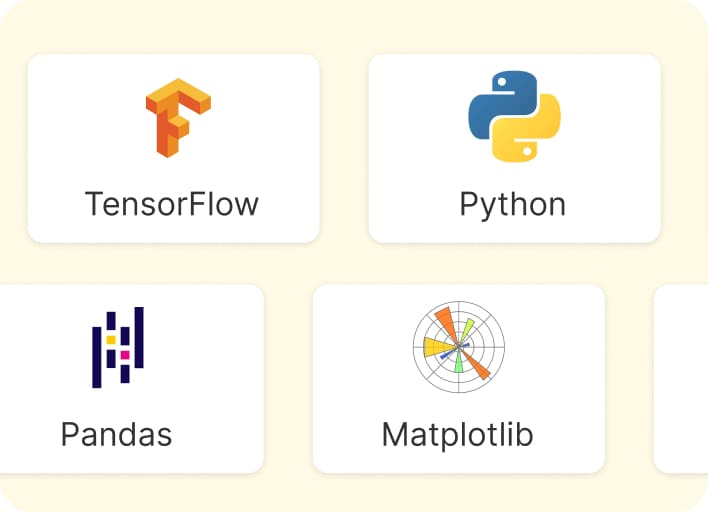
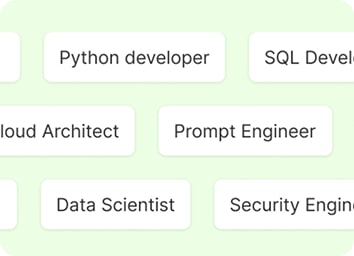


.jpg)

.jpg)

.jpg)



